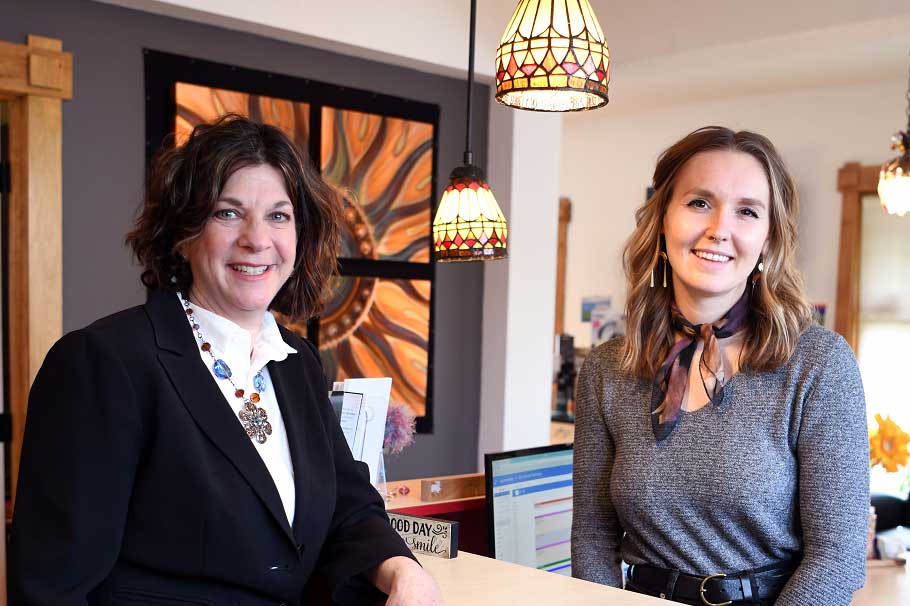
/*! elementor – v3.11.2 – 22-02-2023 */ .elementor-heading-title{padding:0;margin:0;line-height:1}.elementor-widget-heading .elementor-heading-title[class*=elementor-size-]>a{color:inherit;font-size:inherit;line-height:inherit}.elementor-widget-heading .elementor-heading-title.elementor-size-small{font-size:15px}.elementor-widget-heading .elementor-heading-title.elementor-size-medium{font-size:19px}.elementor-widget-heading .elementor-heading-title.elementor-size-large{font-size:29px}.elementor-widget-heading .elementor-heading-title.elementor-size-xl{font-size:39px}.elementor-widget-heading .elementor-heading-title.elementor-size-xxl{font-size:59px} Scammers Beware We Protect Ourselves and our Customers and our Peers Already in one year of ...

“Cosco” Hearing Aids?! The Phonetic Quirk Behind “Cosco” Instead of “Costco”: Unveiling the Spelling Mystery Have you ever noticed that some people often spell “Costco” as “Cosco”? It originates from ...
Powered By SinglerDesign.com

Experience advanced hearing care with Hears Hearing & Hearables’ new affordable online telehealth system. Join our Beta test for only .25-cent video chat customer service and receive personalized support. Prefer a phone call? Fill out our contact form, and we’ll arrange it.